Can Cats Drink Pool Water? Please Read This, Right Now!
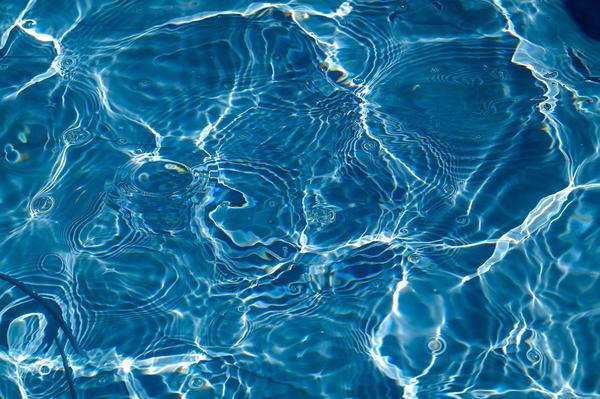
Just imagine:
You're lounging by the pool, sippin' on a drink, when the thought hits you like a cannonball - can cats really drink pool water? 😺
The worry gnaws at you, but fear not, my friend.
Keep reading for the real scoop.
What to Do If Your Cat Drinks Pool Water
If your cat drinks pool water, you gotta take action now.
Watch your cat closely for any bad reactions.
Keep an eye out for puke, diarrhea, or if they become extra sleepy.
That could be a sign of trouble.
I gotta tell ya, cats drinking pool water ain't great.
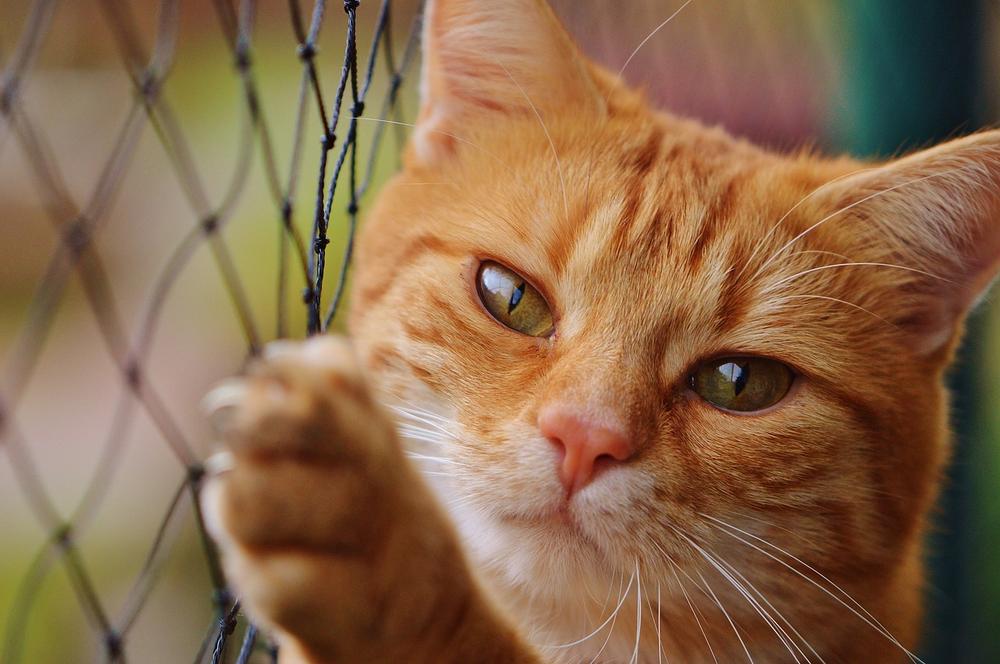
They can do it if they want to, but it's not recommended because it could make them sick.
So, what should you do?
Here's what you gotta do:
- Watch your kitty and look for any weird symptoms. If your cat gets sick after drinking pool water, get them to the vet right away.
- Instead of pool water, make sure you give your cat fresh water. Their safety and well-being are the most important things to think about.
- Pool water with chemicals and being too cold can mess up your cat's stomach. Even though a little bit usually won't cause problems, it's better to stop them from drinking pool water altogether.
Cats have their own preferences, but you gotta put their health first.
We love our furry friends, so let's ensure they stay happy and healthy by keeping them away from pool water as much as we can. 😺
And if you're wondering about the best water options for your furry friend, I've got you covered.
In my blog post, Can Cats Drink Tap Water, I explore the safety of tap water for cats and offer alternative options that you may find helpful.
Give it a read to ensure your cat stays hydrated and healthy.
Can Cats Swim in Chlorinated Water?
Cats can swim in chlorinated water.
However, you need to be careful and limit their exposure time to avoid skin and eye irritation.
If you want to ensure their safety, consider using pet life jackets when they are in chlorinated water.
Additionally, providing swimming lessons for your cat and learning animal CPR can be helpful in case they accidentally enter a pool.
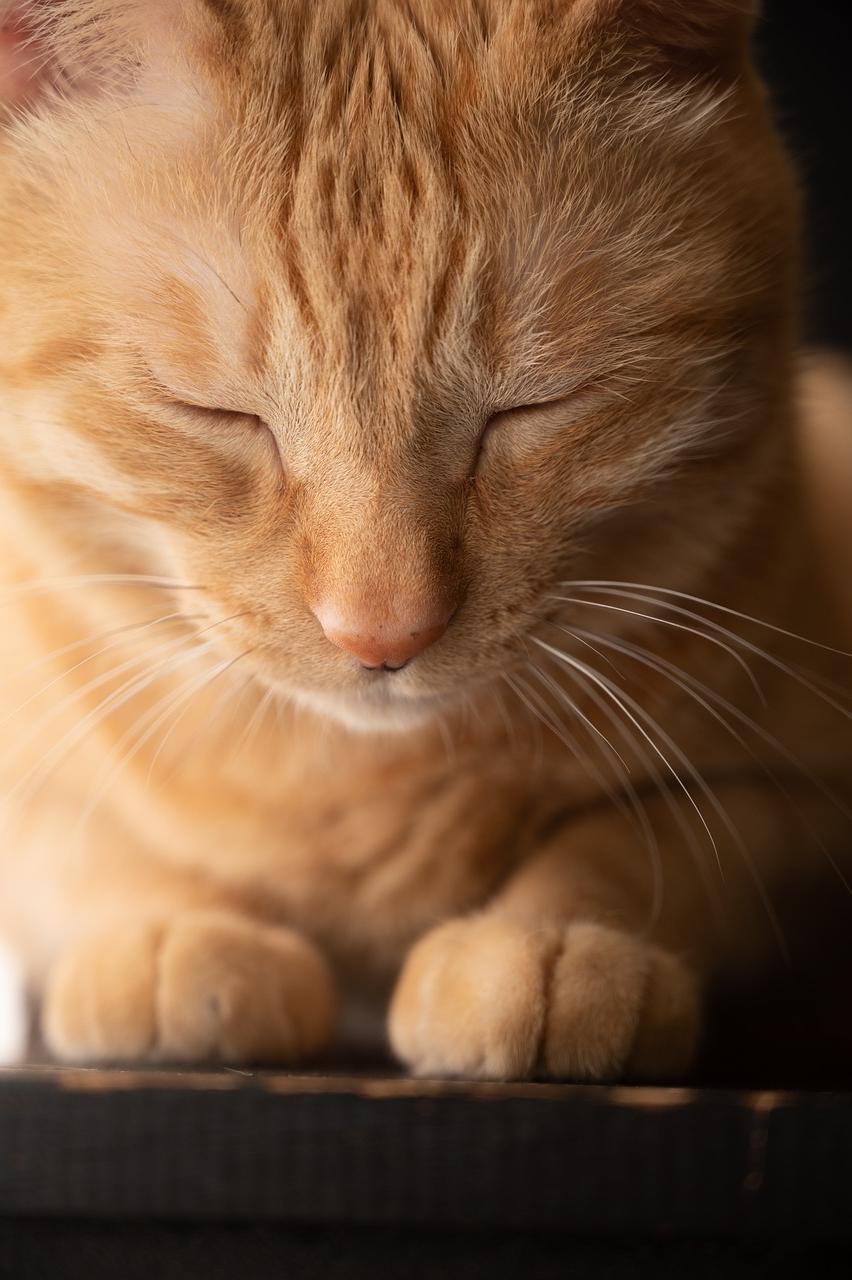
While cats are generally not fond of water and usually won't join you in the pool, they are capable of swimming in chlorinated water for short periods.
But remember, prolonged exposure may irritate their skin and eyes.
So, training cats to swim and providing a cat ramp for easy exit from the pool can be beneficial.
Also, make sure to keep their ears dry to prevent infections.
To summarize:
- Cats can swim in chlorinated water but limit exposure time.
- Consider using pet life jackets.
- Provide swimming lessons and learn animal CPR.
- Prolonged exposure may irritate skin and eyes.
- Train cats and provide a cat ramp for easy pool exit.
- Keep their ears dry to prevent infections.
Risks of Chlorinated Pool Water for Cats
Drinking pool water, especially chlorinated pool water, can be risky for your cat.
You definitely don't want your feline friend lapping up that pool water.
But why should you be concerned?
Well, let me tell you about the dangers of chlorinated pool water for cats.
First and foremost, if your cat ingests pool water, it can cause dryness and discomfort, leading to nasty gastrointestinal issues like nausea or vomiting.
Not a pleasant experience for anyone involved, right?
And it doesn't end there.
Cats that come into contact with chlorinated pool water are at risk of experiencing irritation and discomfort as well.
Imagine your poor kitty dealing with burns to their esophagus, red eyes, and itchy skin.
Ouch!
Now, you might be wondering, what about bromine?
Is that safer?
Well, even though bromine is a milder alternative for pool maintenance, chlorinated water can still cause trouble.
It can irritate the skin and eyes, make them feel dry, and bring on further gastrointestinal problems if ingested.
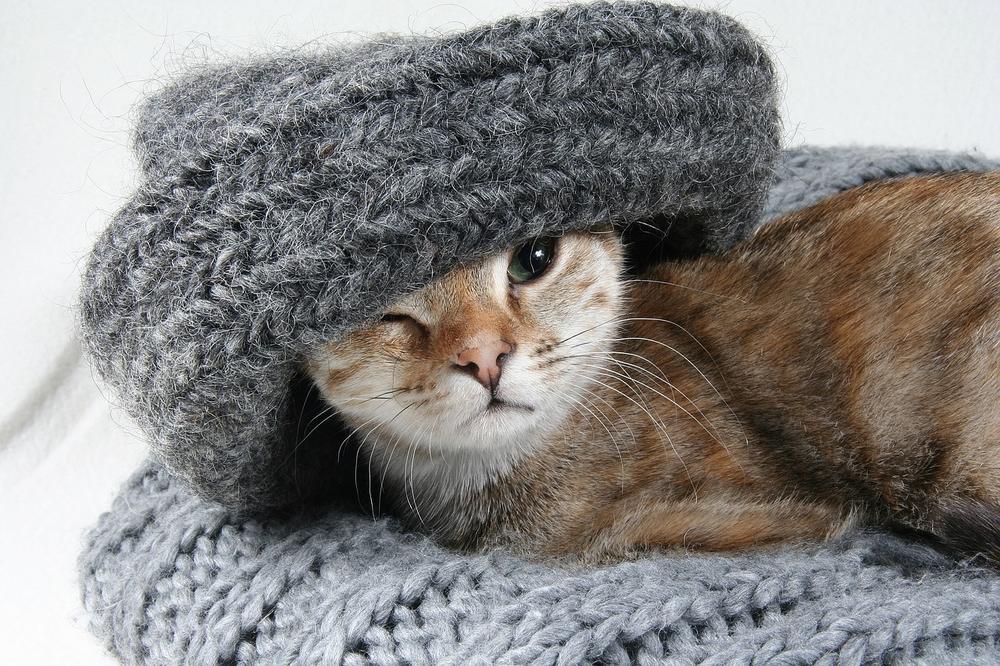
Let me show you just how toxic concentrated chlorine can be.
It can harm the eyes, skin, mouth, and throat, so needless to say, it's best to keep cats away from pure chlorine. However, when diluted in pools, chlorine is unlikely to cause poisoning.
Oh, but we're not finished yet.
Pool water isn't just about chlorine and bromine.
It can also contain harmful microorganisms like E. Coli that can seriously sicken cats if they drink it.
What's more, algae and untreated pool water come with their own set of risks.
All those toxins and microorganisms swimming around pose dangers to cats too.
And lastly, cats can have allergic reactions to pool cleaner ingredients, which is no walk in the park.
Those chemicals can really upset their digestive system and potentially cause serious harm.
So remember, you need to be careful and discourage your cat from drinking pool water.
While small amounts of properly maintained pool water with chlorine or salt additives are generally safe, you need to monitor for any concerning side effects and consult a veterinarian if necessary.
But what about saltwater pools?
You may be thinking, Well, if chlorinated pool water is risky, maybe I should switch to a saltwater system... Well...think again!
While cats can tolerate higher levels of salt compared to dogs, excessive consumption of saltwater can still lead to dehydration and serious health issues.
Intrigued?
Let me dive deeper into the dangers of saltwater for your feline friend:
What Are the Risks of Cats Drinking From a Saltwater Pool?
Cats should avoid drinking saltwater
When it comes to cats and saltwater, there are a few important things you need to know.
Cats can tolerate some salt, but it's still best to stop them from drinking saltwater completely.
Drinking too much saltwater can cause serious problems for our furry friends. One big risk is dehydration, which we definitely want to avoid...
Excessive salt intake can lead to salt poisoning
If your cat drinks too much saltwater, they can get salt poisoning.
This can make them vomit, have diarrhea, abdominal pain, seizures, tremors, or even go into a coma.
It's not pleasant at all for your cat. That's why you need to always provide fresh water for your cat.
Keep your cats hydrated with fresh water
To keep your cat healthy and happy, make sure they always have access to clean, fresh water.
Cats depend on water to stay hydrated and remove toxins from their bodies.
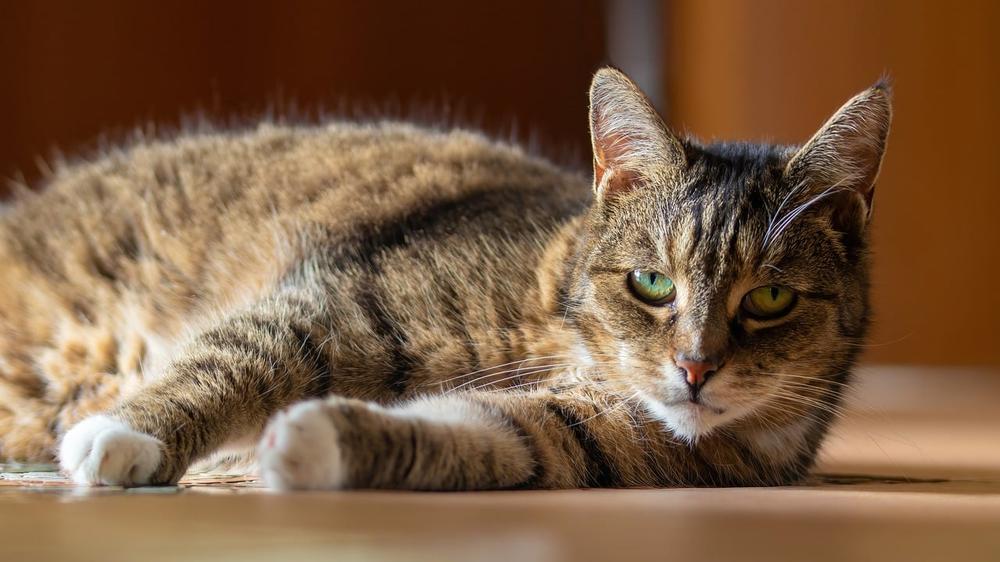
You can use a water fountain or have multiple water bowls in different areas of your home to encourage your cat to drink from these sources instead of risking saltwater. The key is to prioritize their hydration needs and offer them alternative water sources.
But what can you do to ensure your cat's safety around the pool?
Installing a sturdy fence is crucial, yet proper supervision is also necessary.
And if your cat does end up in the pool, there are measures like water detecting collars and learning CPR that can save their life.
Plus, don't forget about other safety precautions for both children and pets!
Let me walk you through it all in the next section.
After all, your cat's well-being depends on it.
Ensuring Pool Safety: Preventing Cat's Access to Pool Water

When it comes to pool safety for cats, there are a few important steps you can take:
- Install a sturdy fence around the pool area that cats cannot easily climb over. This creates a substantial barrier and ensures their safety.
- Proper supervision is essential. Keep an eye on your cats to prevent them from falling into the pool or consuming excessive amounts of water.
- Consider using a water detecting collar with an alarm. This way, you'll be notified if your cat enters the pool and can intervene quickly.
- Learn CPR for cats. Being prepared for emergencies can make all the difference in saving your feline friend's life.
- Use covers or nets to prevent accidental falls into the pool. This extra layer of protection adds an additional safety measure.
- Store pool chemicals safely away from children and pets. This helps prevent any accidents or harm that could come from exposure to these substances.
- Provide fresh water in a shaded area near the pool. By offering alternative water sources, cats will be less inclined to drink pool water.
- Guide cats to their own water bowls when they approach the pool. Gently redirecting them helps reinforce good habits and keeps them hydrated.
To make sure your cats are safe and in good health by the pool, you should adhere to these instructions and put these safety precautions into effect.
Alternatives to Pool Water for Hydration
Multiple water sources are essential to ensure your cat always has access to clean drinking water. Cats, like humans, need fresh water to stay hydrated and prevent them from seeking alternative options such as pool water.
That's why you should provide them with their own separate water bowl that is elevated or consider using a water fountain to entice them to drink from a clean source.
If you notice your cat showing a preference for pool water, it may be an indication of a lack of access to clean drinking water or an underlying medical condition.
Pool Water: Keep Cats Safe and Hydrated
- Cats can drink pool water, but it's not recommended.
- If your cat isn't feeling well after drinking pool water, seek veterinary attention.
- To prioritize your cat's safety and well-being, offer fresh water instead of pool water.
- Keep a close eye on your cat if they drink pool water and contact your vet if you're worried.
- Cats shouldn't drink pool water as it can upset their stomach.
- Pet life jackets can keep your cat safe in chlorinated water.
- Training cats to swim can be beneficial for their safety.
- Cats are capable of swimming in chlorinated water.
- Chlorinated water can cause irritation and discomfort for cats.
- Cats exposed to chlorinated pool water are at risk of burns, red eyes, and itchy skin.
- Chlorine in pools is unlikely to cause poisoning, but should still be avoided.
- Pool water may contain harmful microorganisms that can cause illness if ingested.
- Allergic reactions to pool cleaner ingredients can be life-threatening for cats.
- Excessive consumption of saltwater can lead to salt poisoning in cats.
- Proper supervision and pool safety measures are important for cats.
And that wraps up today's article.
If you wish to read more of my useful articles, I recommend you check out some of these: Can Cats Eat Spider Plants, Are Boston Ferns Poisonous to Cats, Is Zz Plant Toxic to Cats, and Is Rubber Plant Toxic to Cats
Talk soon,
-Sarah Davis